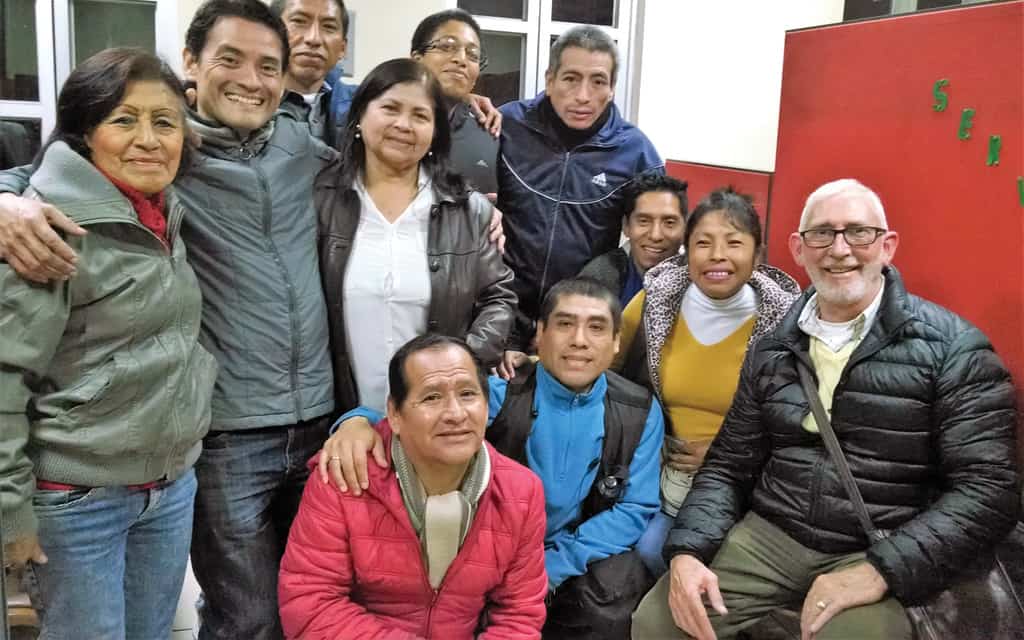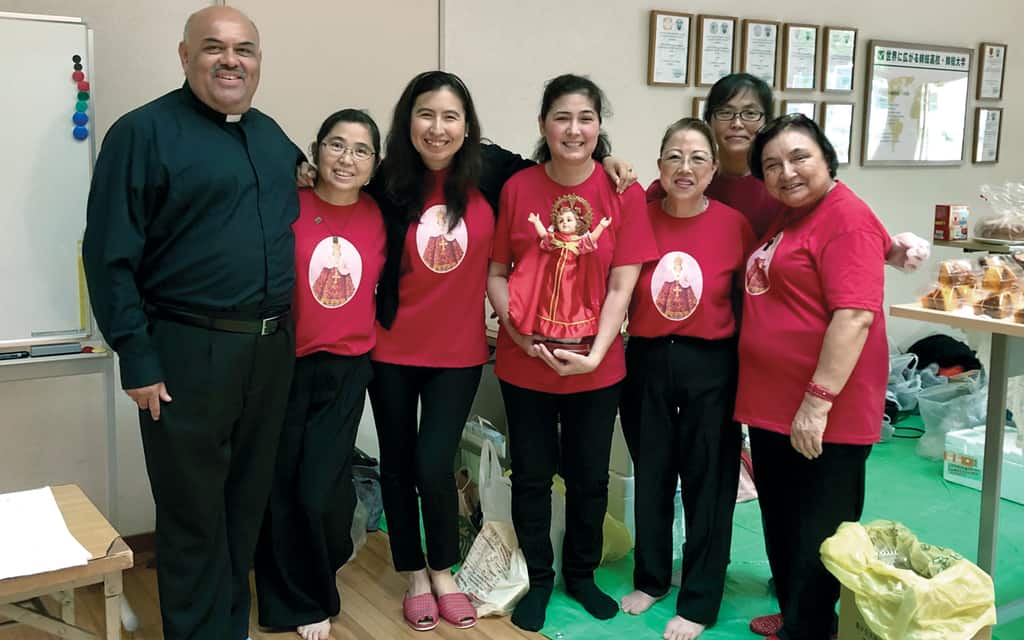By Bishop Ricardo Ramírez, C.S.B.
Bishop Ricardo Ramírez, the retired bishop of the Diocese of Las Cruces, N.M., is one of those shepherds immersed in the daily reality, concerns and hopes of his people, whom Pope Francis commended for having “the smell of the sheep.” In his new book, Power from the Margins: The Emergence of the Latino in the Church and in Society, he draws on a lifetime’s experience to share the gifts and challenges of his people.
Bishop Ramírez was born and raised in Bay City, Texas, where the Mexican community worshipped “in an old discarded railroad passenger car,” since the Anglo parishioners “didn’t want Mexicans around.” His early life was marked by such reminders of marginalization and diminished opportunities. And yet the deeper impact came from the strong bonds of family, the example of hard work, and the living faith of his grandparents and other relatives and mentors. They instilled in him a thirst for knowledge and a desire to give back to his community. He writes movingly of his struggles as a seminarian in the Basilian order to embrace his mestizo identity—acknowledging the dual gifts of his Mexican-American heritage. That identity was further tested in the years he spent living and ministering among the poor in Mexico, before he returned as a priest and later bishop in New Mexico.
In successive chapters, he combines history, social analysis, spiritual reflections and personal narratives to depict the contemporary Latino reality in the church and society. Among the topics he covers are the role of the family, the challenge of passing on the faith, the promise of youth, the role of education, the responsibilities of faithful citizenship, and the question of immigration. Drawing on the position of the U.S. Catholic bishops, he presents a biblical reflection on the importance of hospitality and “welcoming the stranger,” showing the contributions immigrants make to enriching our society, and calling for a path to citizenship. “When our church and our country receive and welcome immigrants and refugees, we are blessed,” he says.
After addressing these issues, Bishop Ramírez turns to the faith of the Latino church, including expressions of popular religion: the role of saints, pilgrimages and devotion to Mary. Each of the chapters in his book begins with a personal story, many drawn from his childhood memories of such devotions. He remembers his Tía Petra’s annual novena to Our Lady of Guadalupe—the candles, the prayers in the darkness—that implanted a sense of God’s grandeur and marked the beginning of his Christian vocation.
Such faith is one of the gifts of the Latino church, a gift Bishop Ramírez is determined to celebrate and honor, and one he wishes to share with the wider church in the United States and beyond. It is a wish he shares with Pope Francis, whose call for the church to “go to the margins, to the peripheries,” inspires the title of this book.
In the changing demographics of the U.S church, a people long on the margins are realizing there is power from the margins. Though beset by challenges and obstacles, the Latino people in the United States have their stories, their traditions, their faith, and so many other gifts to share. Bishop Ramirez’s moving and inspiring book is another gift.






